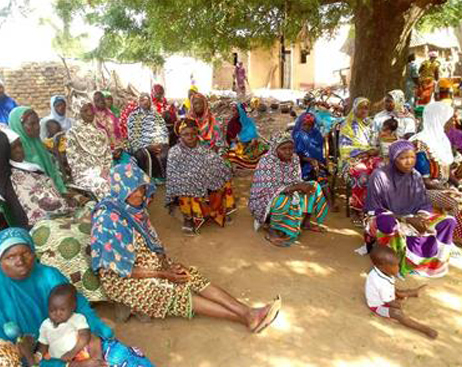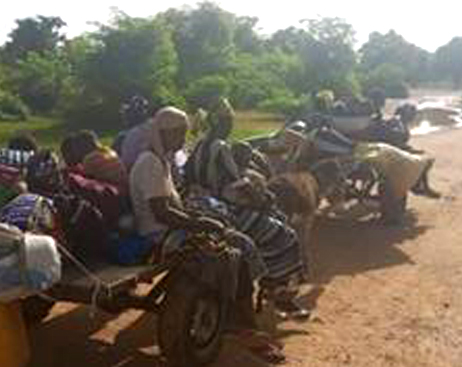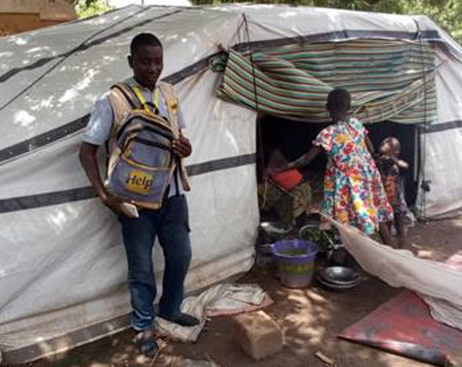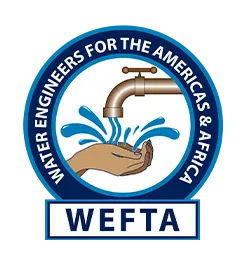
Nouna Refugee Well Project
Requesting support from our donors
Total Project Cost: $120,000
Project Location: Town of Nouna, Burkina Faso
Project & Program Background
Amidst terror attacks in Burkina Faso, many people are seeking safety in the already impoverished town of Nouna. Internally displaced people (IDP) number in the tens of thousands, including separated and unaccompanied children. IDPs and host families face enormous difficulties in many aspects of life, not the least of which are the lack of safe water and sanitary facilities. What little water there may be is not drinkable; it is unsafe, exposing the population to the risk of disease. Additionally, without access to bathrooms or public toilets, the IDP population are left to defecate outside in unsafe and unsanitary conditions, compounding the risk of assault and disease.
A project to drill boreholes and build public toilets is of great urgency!
Community Background
Nouna is a town located in the Province of Kossi in the Boucle du Mouhoun region of western Burkina Faso. It is the capital of the Province. (Dedougou is the capital of the region.) Administratively, the town is divided into seven urban sectors and includes a medical center with the department’s surgical branch as well as three health and social promotion centers. Nouna is the seat of the Diocese of Nouna and has one of the main cathedrals of the country, the Notre-Dame-du-Perpetuel-Secours Cathedral of Nouna.
Water, Sanitation, and Hygiene (WASH) Concerns
The town of Nouna, which is host to overwhelming numbers of IDPs from villages, has been under an armed quasi-blockade since at least April 2023. The main access road that connects Nouna to Dedougou, has been severed. The transit companies that used to serve Nouna no longer do so due to the influence of armed groups along the road. Access to Nouna by road is “perilous,” and has led to the departure of most of the administrative and basic social services officials. It is said to be difficult to venture 5 kilometers from Nouna. Electricity lines were sabotaged by unidentified armed groups, which plunged the town into darkness in July of 2023. Unfortunately, the water and pipeline system to provide households with drinking water is connected to the electrical system. With no electricity, households no longer have water in their taps. The entire population of Indigenous and local communities, in addition to the over 10,000 IDPs, use the few boreholes that are in the town at water points. Accessing these comes with great difficulty due to long lines. The few who still had water at home are now seeing it dry up due to high demand. Sanitation is inadequately managed, and the water is not safe.
Proposed Projects
It is proposed that 7 boreholes be drilled, establishing access to reliable water, and 10 public toilets be constructed. This project will help alleviate some of the challenges being faced by the local community, the IDPs, and the refugees. Implementing properly managed sanitation facilities, safe water access points, and hygiene awareness will help reduce the risks of disease and death.
Sustainability Considerations
Under the supervision of the Nouna Civil Society Organization (CSO), women will be empowered to be stationed at the water points and public toilets to maintain them. Women’s self-help groups set up by the Daughters of Charity already exist and the women identified will be the leaders of these groups. They will organize the members of the groups to ensure proper management of water and sanitation facilities. Use of these facilities will require a feasible voluntary contribution by the population to support the women’s self-help groups and to enable maintenance and repairs if needed. The municipal service, the Organizations of Civil Society, and the Association of Water Users will support the women who will be reporting to them on the management of these facilities.
Community Engagement
The Daughters of Charity of Saint Vincent de Paul of Nouna will play a role in monitoring and raising awareness among populations on the proper use of the facilities, and on hygiene and sanitation issues. CSOs, water services, and municipalities will monitor at the base and will organize and encourage women’s groups for the proper management of the water system and sanitation facilities.
WEFTA Volunteers
WEFTA will donate engineering and post-construction follow-up services to this project, equating to 15% of the total project cost.
For additional information about this project, please contact us.




